
How Precision Machining Ensures High-Quality Aerospace Components?
2025-09-17
Aerospace production requires the greatest levels of precision, dependability, and performance. When an airplane soars through the sky at thousands of feet, every component must work properly. Because of this vital necessity, precision machining serves as the backbone of aircraft production. Precision machining produces components with tolerances as close as 0.05mm thanks to modern CNC technology, specialized tools, and demanding quality control procedures. These production processes guarantee that turbine blades, landing gear, engine parts, and structural components fulfill the stringent requirements for safe flight operations. The use of advanced technology, competent personnel, and tried-and-true procedures results in aircraft components that can survive harsh environments while retaining top performance throughout their operating life.
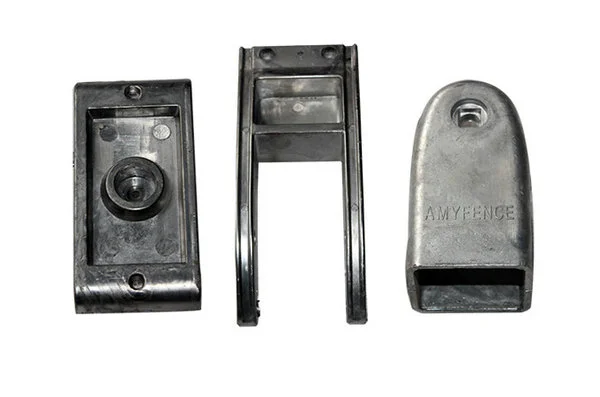
Advanced Manufacturing Techniques in Aerospace Production
Multi-Axis CNC Machining Capabilities
Modern aerospace manufacturing relies heavily on advanced CNC machining centers equipped with multiple axes of movement. Five-axis and six-axis machines enable manufacturers to create complex geometries in single setups, reducing handling errors and improving dimensional accuracy. These sophisticated systems can machine intricate turbine blade profiles, complex cooling channels in engine components, and precisely angled surfaces on structural parts. The continuous positioning capability allows for smooth surface finishes and eliminates the witness marks typically associated with indexed machining operations.
High-speed machining centers play a crucial role in aerospace component production. These machines operate at spindle speeds exceeding 20,000 RPM while maintaining exceptional stability and precision. The combination of high cutting speeds and advanced tool path strategies enables efficient material removal while preserving surface integrity. This approach proves particularly valuable when machining heat-resistant aerospace alloys that tend to work-harden under conventional cutting conditions.
Specialized Tooling and Cutting Strategies
Aerospace materials present unique challenges that require specialized cutting tools and strategies. Titanium alloys, widely used in aerospace applications for their strength-to-weight ratio and corrosion resistance, demand specific tool geometries and cutting parameters. Carbide tools with specialized coatings extend tool life while maintaining consistent cutting performance. Diamond-coated tools excel when machining carbon fiber composites and aluminum alloys commonly found in modern aircraft structures.
Tool path optimization becomes critical when achieving the surface finishes required for aerospace applications. Advanced CAM software generates smooth, continuous tool paths that minimize vibration and tool marks. Trochoidal milling strategies allow for higher material removal rates while reducing tool stress and extending tool life. These sophisticated precision machining approaches ensure consistent quality across production runs while maintaining the tight tolerances essential for aerospace component functionality.
Material-Specific Machining Approaches
Each aerospace material requires tailored machining approaches to achieve optimal results. Aluminum alloys, frequently used in airframe construction, machine readily but require careful attention to chip evacuation and workholding to prevent distortion. The low melting point of aluminum makes flood cooling essential to prevent built-up edge formation and maintain dimensional stability during machining operations.
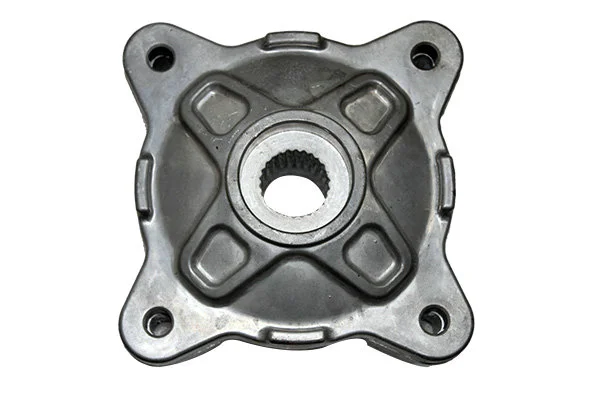
Stainless steel components, common in exhaust systems and high-temperature applications, present different challenges. These materials tend to work-harden rapidly, requiring positive rake angles and consistent feed rates to maintain cutting efficiency. Proper coolant selection and application help manage the heat generated during cutting while preserving the material's corrosion-resistant properties.
Quality Assurance and Testing Protocols
Coordinate Measuring and Inspection Systems
Aerospace component verification requires measurement accuracy that exceeds the part tolerances being inspected. Coordinate measuring machines (CMMs) equipped with high-resolution probes provide three-dimensional measurement capabilities with accuracies measured in micrometers. These systems verify critical dimensions, geometric tolerances, and surface profiles against engineering specifications, ensuring that parts produced through precision machining meet strict aerospace standards. Temperature-controlled measurement rooms ensure consistent results by eliminating thermal expansion variables that could affect measurement accuracy.
Optical measurement systems complement traditional CMM inspection by providing rapid, non-contact measurement capabilities. These systems excel at measuring complex surface profiles, thin-walled structures, and delicate components that might deform under probe contact forces. Laser scanning technology captures millions of data points to create detailed surface maps, enabling comprehensive inspection of airfoil shapes and other aerodynamically critical surfaces.
Non-Destructive Testing Methods
Beyond dimensional verification, aerospace components undergo rigorous non-destructive testing to detect internal flaws and material inconsistencies. Penetrant testing reveals surface-breaking defects in critical load-bearing components. This process involves applying liquid penetrant to the component surface, allowing it to seep into any cracks or discontinuities, then using developer to make these defects visible under fluorescent lighting.
Ultrasonic testing provides insight into internal material conditions without damaging the component. High-frequency sound waves propagate through the material, and variations in acoustic properties indicate potential defects such as inclusions, voids, or delaminations. This testing method proves particularly valuable for thick-section components where visual inspection cannot detect internal flaws.
Documentation and Traceability Requirements
Aerospace manufacturing demands comprehensive documentation throughout the production process. Material certifications trace raw materials back to their source, including heat treatment records and chemical composition analysis. Process documentation records machining parameters, tooling changes, and quality checkpoints for each component. This detailed record-keeping enables rapid problem identification and resolution while supporting regulatory compliance requirements.
Digital manufacturing systems integrate quality data collection with production processes. Real-time monitoring captures machining parameters, tool wear data, and dimensional measurements automatically. This integrated approach reduces manual data entry errors while providing comprehensive process visibility. Statistical process control algorithms analyze trend data to predict potential quality issues before they result in non-conforming parts.
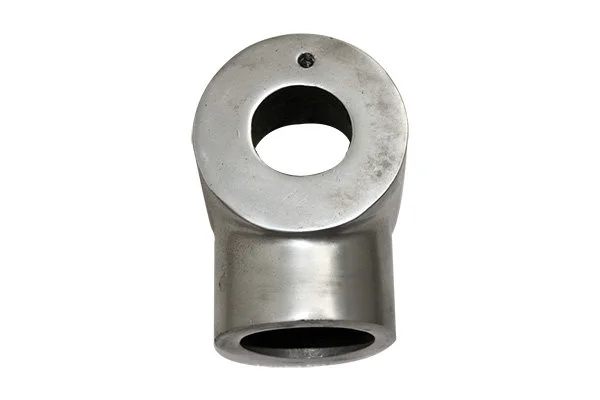
Industry Standards and Certification Requirements
AS9100 Quality Management Systems
The aerospace industry follows strong quality management standards that assure constant product quality and safety. AS9100, an aerospace-specific version of ISO 9001, specifies comprehensive quality management standards for aviation, space, and defense businesses. This standard focuses on risk management, configuration management, and product safety throughout the manufacturing process. Companies must demonstrate their capacity to consistently provide goods that fulfill consumer and regulatory standards while always improving their processes.
AS9100 certification requires extensive documentation of processes, procedures, and quality controls. Regular internal and external audits verify compliance with these standards while identifying opportunities for improvement. The standard mandates specific requirements for design controls, purchasing controls, and production process validation that directly impact precision machining operations. These requirements ensure that aerospace components meet the stringent reliability standards demanded by the industry.
NADCAP Special Process Approvals
The National Aerospace and Defense Contractors Accreditation Program (NADCAP) provides industry-managed approach to conformity assessment of special processes and products. These special processes, including heat treatment, chemical processing, and non-destructive testing, require specific expertise and equipment capabilities. NADCAP accreditation demonstrates a supplier's competence in performing these critical processes according to aerospace industry standards.
NADCAP audits evaluate equipment capabilities, personnel qualifications, process controls, and quality systems. The program covers over twenty special process commodities, each with specific technical requirements developed by industry task groups. This accreditation system helps aerospace manufacturers identify qualified suppliers while reducing the need for multiple customer audits of the same processes.
Material and Process Specifications
Aerospace materials must conform to detailed specifications that define chemical composition, mechanical properties, and processing requirements. Organizations such as AMS (Aerospace Material Specifications), ASTM International, and military specifications establish these standards. These specifications ensure material consistency and performance across different suppliers and applications. Precision machining operations must accommodate these material requirements while maintaining the specified properties throughout processing.
Heat treatment specifications define precise temperature cycles, atmosphere controls, and cooling rates required to achieve target material properties. Machining process specifications establish cutting parameters, surface finish requirements, and dimensional tolerances. These detailed requirements ensure that components maintain their intended performance characteristics throughout their service life in demanding aerospace environments.
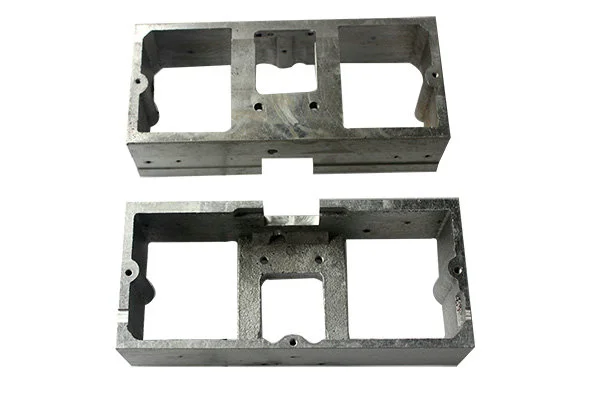
Conclusion
Precision machining is the foundation of aircraft component manufacture, ensuring the accuracy, dependability, and quality required for safe flight operations. Modern manufacturing facilities regularly manufacture components that satisfy the industry's most stringent criteria by utilizing advanced CNC technology, specialized tooling, and complete quality assurance methods. The use of advanced measuring technologies, non-destructive testing procedures, and stringent documentation requirements guarantees that every component meets or exceeds aeronautical specifications. As aircraft technology advances toward higher economy and performance, precision machining processes will change to meet these new challenges while preserving the unwavering quality standards that define aerospace manufacturing success.
FAQs
What tolerances can precision machining achieve for aerospace components?
Modern precision machining equipment can achieve tolerances as tight as ±0.05mm for critical aerospace components. This level of accuracy ensures proper fit and function of parts such as turbine blades, bearing housings, and structural connections.
Which materials are commonly machined for aerospace applications?
Aerospace precision machining typically works with titanium alloys, aluminum alloys, stainless steel, and specialized superalloys. Each material requires specific cutting strategies and tooling to achieve optimal results while maintaining material properties.
How long does aerospace component certification take?
Component certification timelines vary depending on complexity and regulatory requirements. Simple components may complete certification within weeks, while complex structural or engine components can require months of testing and documentation review.
What quality standards govern aerospace precision machining?
The aerospace industry operates under AS9100 quality management standards, with additional requirements from NADCAP for special processes. These standards ensure consistent quality and traceability throughout the manufacturing process.
Expert Precision Machining Services for Aerospace Applications | Fudebao Technology
When aerospace projects demand uncompromising quality and precision, experienced manufacturing partners make the difference between success and failure. Our precision machining factory specializes in aluminum alloy, copper alloy, and stainless steel components for global aerospace applications. With advanced CNC machining centers, low pressure casting capabilities, and comprehensive surface treatment facilities, we deliver complete solutions from raw material to finished components. Our precision machining manufacturer capabilities include tolerances up to ±0.05mm, supporting critical aerospace requirements. Contact our aerospace specialists at hank.shen@fdbcasting.com to discuss your precision machining needs.
References
1. Anderson, R.K. "Advanced CNC Machining Techniques for Aerospace Components." International Journal of Aerospace Manufacturing, 2023.
2. Chen, L.M. "Quality Assurance in Aerospace Precision Machining: Standards and Best Practices." Aerospace Engineering Quarterly, 2024.
3. Thompson, D.J. "Material Considerations in Aerospace Component Manufacturing." Journal of Advanced Manufacturing Technology, 2023.
4. Rodriguez, M.A. "Non-Destructive Testing Methods for Aerospace Applications." Quality Engineering Review, 2024.
5. Williams, P.R. "AS9100 Implementation in Precision Machining Operations." Aerospace Quality Management, 2023.
6. Kumar, S.N. "Tool Selection and Cutting Strategies for Aerospace Alloys." Manufacturing Technology Today, 2024.
YOU MAY LIKE









_1756344684491.webp)
_1756346043433.webp)
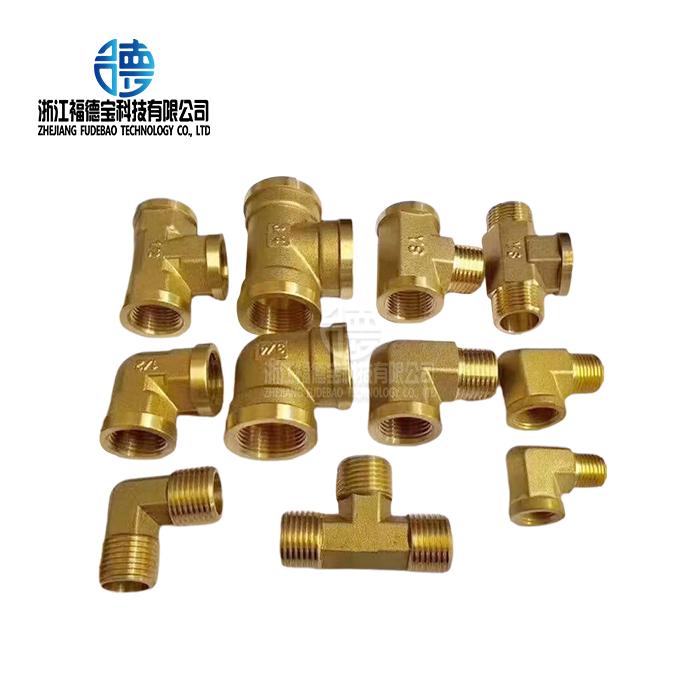
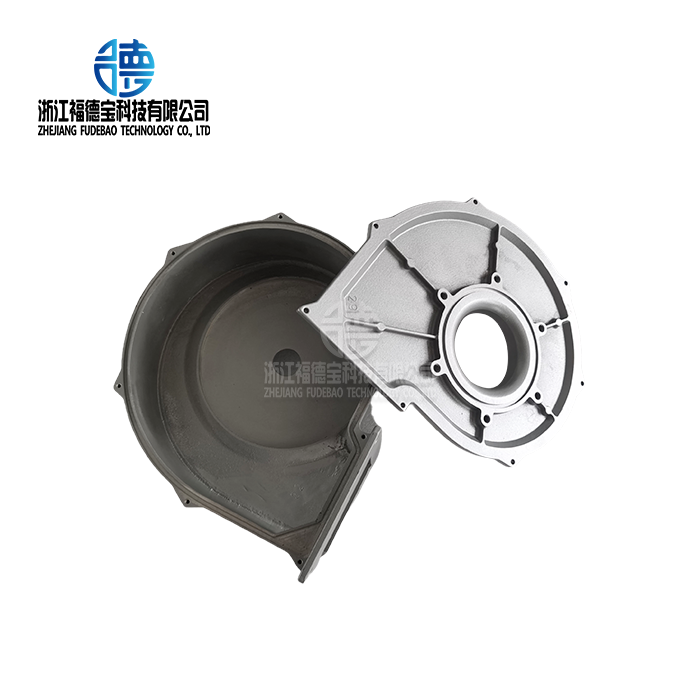
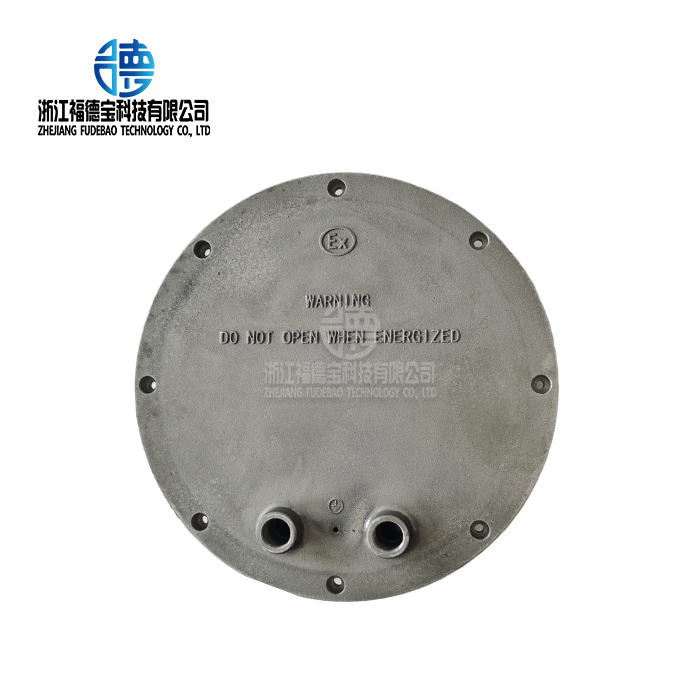
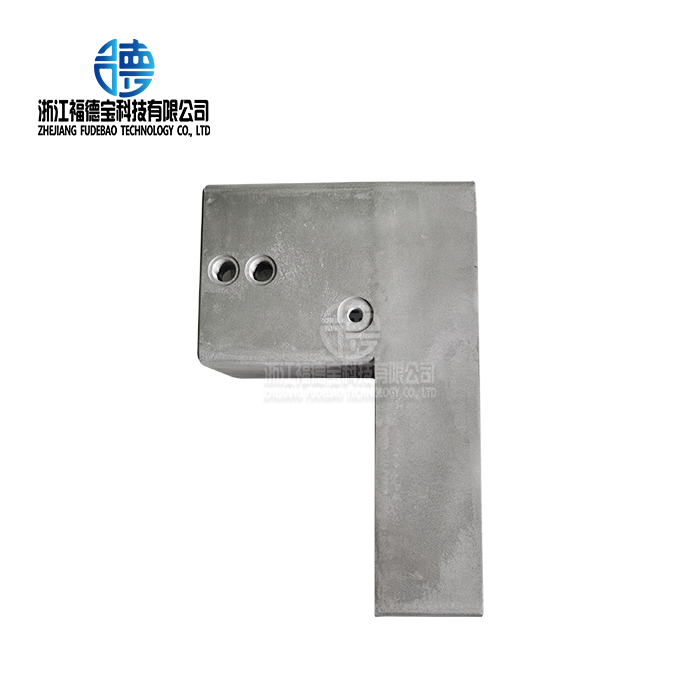
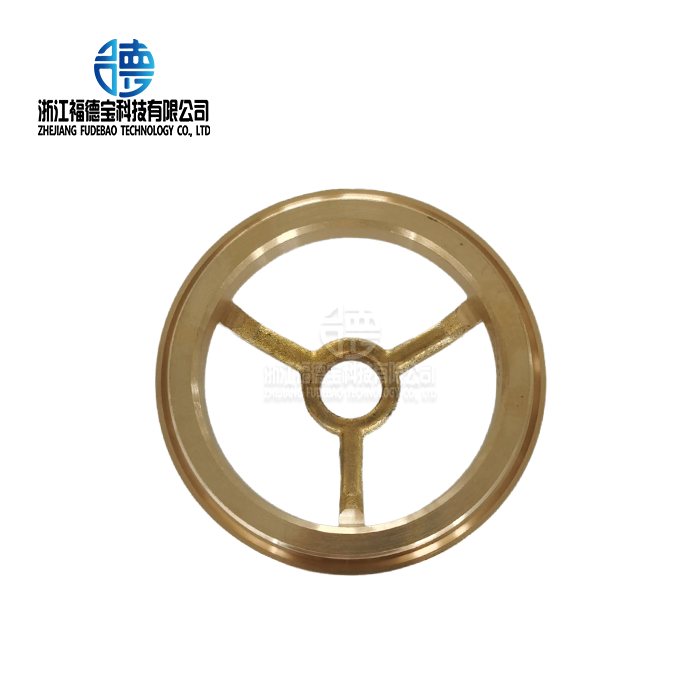
_1756361494985.webp)
